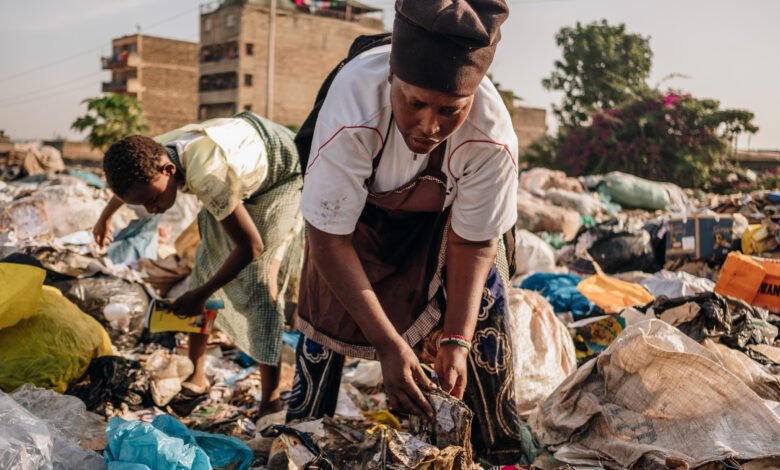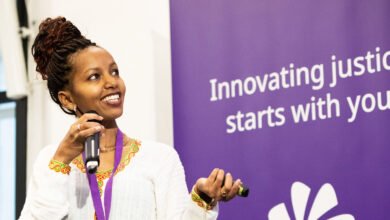Waste innovation challenges are open to startups from Kenya, Nigeria, and South Africa

Startups from Kenya, Nigeria, and South Africa have been encouraged to apply for five challenges targeted at leveraging innovators’ capacity to decrease waste.
The challenges are organised by KTN Global Alliance Africa, a six-year initiative financed by UK Aid and the Foreign, Commonwealth and Development Office under the Innovate UK Global Challenges Research Fund (GCRF) (FCDO).
Through knowledge transfer, skill training, and chances to assist firms and innovations that create scalable impact and sustainable economies, the project’s long-term goal is to encourage job creation, inclusive growth, and poverty reduction. KTN Global Alliance Africa brings together innovators from Kenya, Nigeria, South Africa, and the United Kingdom to generate good change and value.
The five problems are part of the company’s Global Alliance Innovation Exchange programme, which connects firms facing specific difficulties with innovators who are actively working on solutions.
KTN Global Alliance Africa is assisting Unilever in South Africa in meeting its targets of halving the amount of virgin plastic used in its packaging, reducing plastic consumption by over 100,000 tonnes, and collecting and processing more plastic packaging than it sells.
The Waste Electrical and Electronic Equipment (WEEE) Centre in Kenya, which processes CRTs, is looking for new solutions for the recycling and reuse of led-embedded screens and steering coils, as well as other applications for CRTs, either in their current condition or in a future state.
Flamingo Horticulture International, a horticulture company with a global reach in the growing, production, sales, and marketing of fresh fruit and flowers, is also looking for creative cross-sectoral solutions to identify, screen, and eliminate FCM in Kenya.
The deadline to apply for all five challenges is January 28, 2022. After that, the best applicants will be chosen to present their ideas to the firms that are looking for answers. With additional help from KTN Global Alliance Africa, the most promising solution providers for each problem will receive GBP25,000 (US $34,000) in initial financing to develop their proposal into a prototype or pilot.





